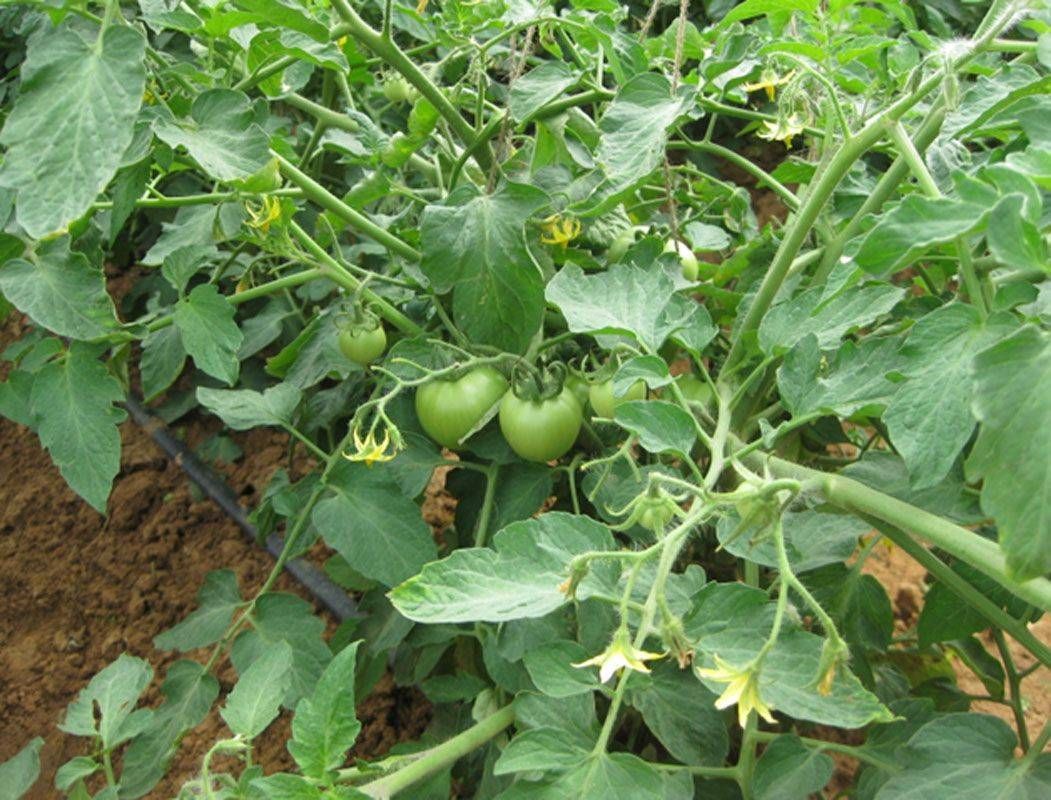
Disease Management
Tomato diseases are caused by bacteria, fungi, and viruses. They spread through the soil, water supply, air and infected materials.
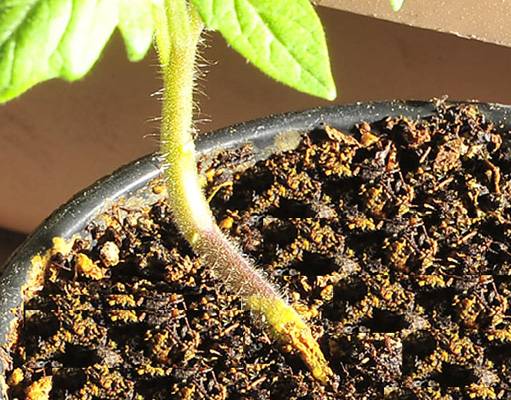
Damping-off
Caused by a number of different pathogens that kill or weaken seeds or seedlings before or after they germinate.
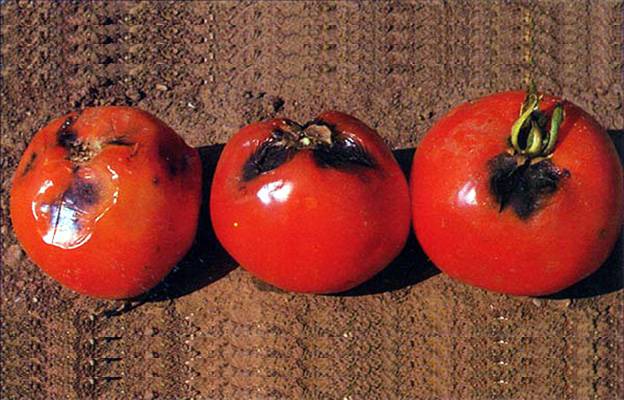
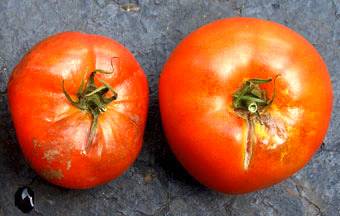
Late Blight
Late blight occurs when humid conditions coincide with mild temperatures for prolonged periods.
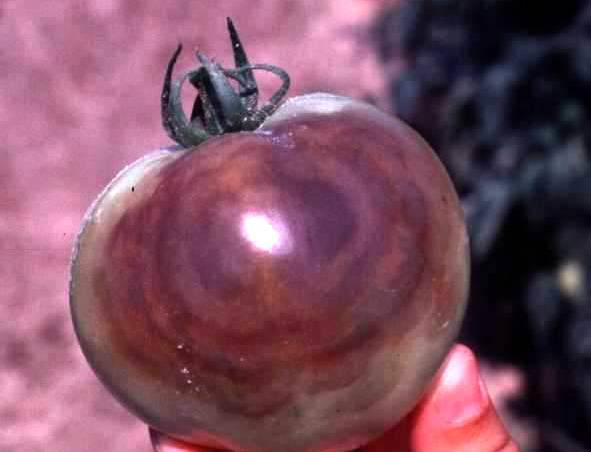
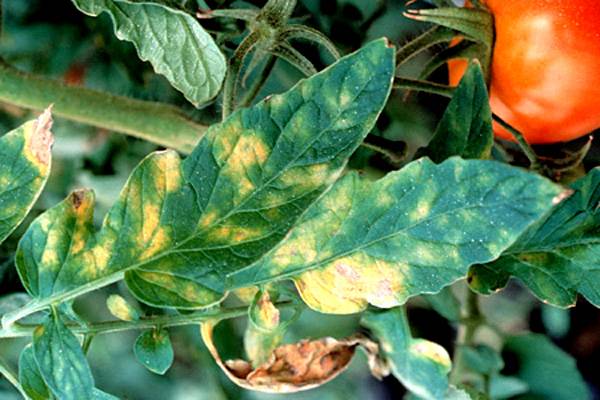
Powdery mildew
The disease occurs severely during dry seasons. A white powdery coating of the fungal growth appears on the leaf.

Fusarium wilt
This is one of the worst diseases of tomato occurring mostly in the nurseries.
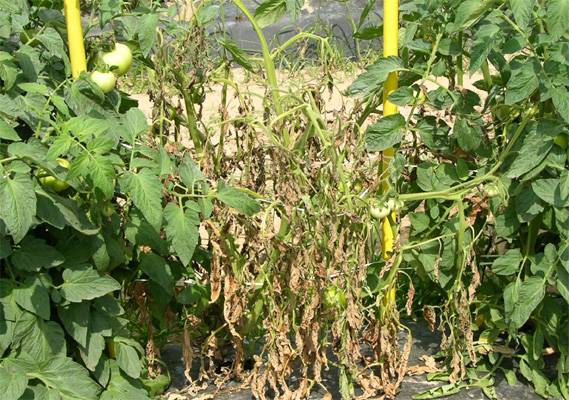
Bacterial wilt
Bacteria Wilt is caused by the pathogen and is quite common in the moist & humid sandy soils.
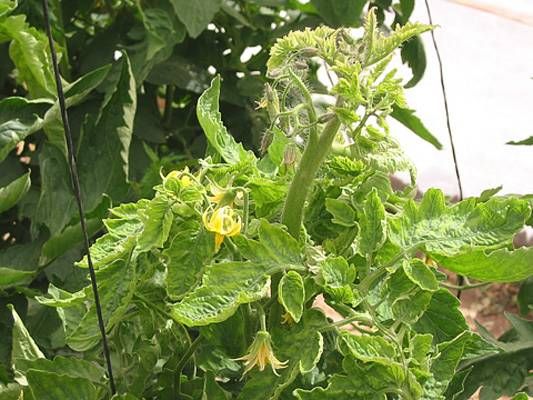
Tomato leaf curl virus
This is one of the most devastating diseases of tomato. It is characterized by severe stunting of the plants with downward rolling and crinkling of the leaves.
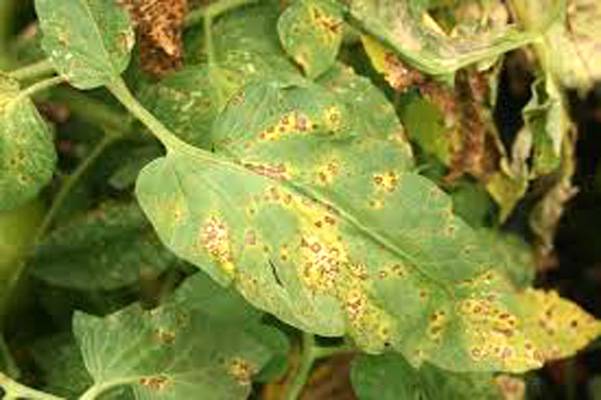
Septoria leaf spot
This disease is characterized by numerous, small, grey, circular leaf spots having dark border.
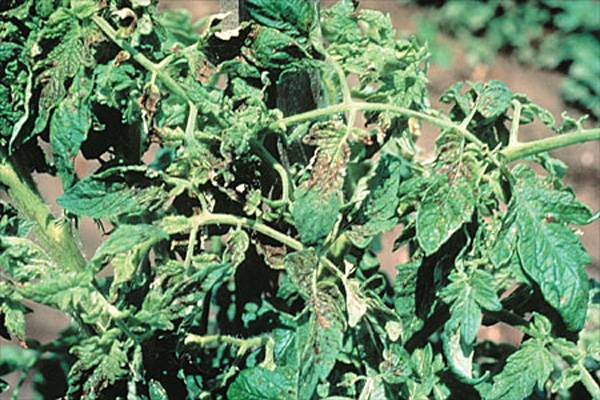
Spotted wilt disease
This disease is similar to streak in that it causes streaking of the leaves, stems and fruits. Numerous small, dark, circular spots appear on younger leaves.
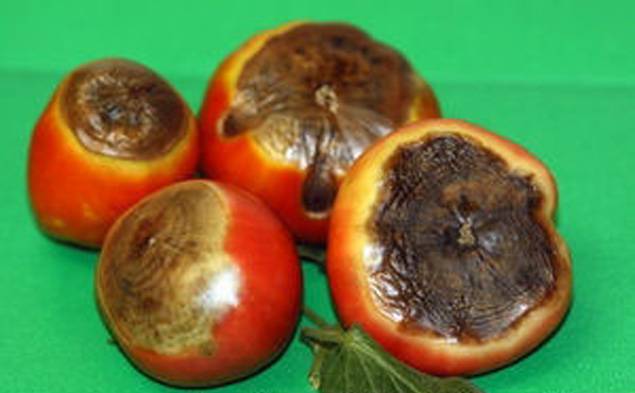
Blossom-end rot
The symptoms appear at the blossom end of the fruit, a small, water-soaked spot appears, which enlarges and darkens rapidly as the fruits develop.